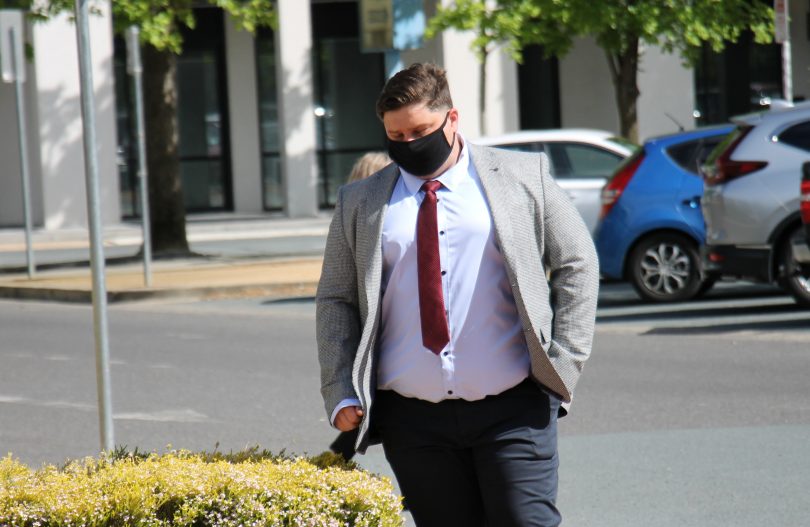
Jake Low approaches the Canberra courts on Monday. Photo: Albert McKnight.
It turns out the space behind an oven isn’t a secret enough place to hide a 1kg cocaine brick worth “hundreds of thousands of dollars”.
Despite Jake Low’s efforts to hide the drugs, when police raided his home in Dunlop on 11 May 2020, they still managed to find them in the wall cavity behind the oven in his kitchen. His DNA was also found on its packaging.
On Monday (1 November), the ACT Supreme Court heard the cocaine was worth over $200,000. If sold in half-gram lots, it would have equalled 2000 street deals and was 165 times the trafficable amount of the drug.
The court also heard police expected they would find the cocaine at the house before they searched it.
Police had been investigating one of Low’s acquaintances for some time, a person who went to his home the weekend before the raid for a barbeque.
This person had been charged over allegations he had two 1 kg bricks of cocaine in his possession.
The case was in court for a disputed facts hearing and sentencing. When outlining why the former was needed, Crown prosecutor Ms Conliffe said Low admitted he guarded and concealed the cocaine, worth “hundreds of thousands of dollars”, but denied playing an active role in its distribution and claimed he wasn’t going to be given any financial reward.
“In other words, [he was] helping someone hide it at his place,” Justice Michael Elkaim said.
Ms Conliffe said the Crown no longer accepted the guilty plea on that limited basis. But Justice Elkaim remarked that as Low had pleaded guilty on a certain basis before the Crown changed its mind, it was a “bit unfair isn’t it?”
Ms Conliffe alleged Low’s role was “much more” and that he intended to be involved in the sale of the drug.

Jake Low approaches court for his sentencing on Monday. Photo: Albert McKnight.
The court heard several items relating to drugs were found at his house, including scales with cocaine residue, a substance believed to be used to dilute drugs called a “cutter”, a hydraulic press, $2200 in cash next to his bed and creatine, a bodybuilding supplement but can also be used for illicit purposes.
Notes were also found that a detective sergeant in court called “tick lists”, containing information like names, amounts and prices. The notes also referred to different amounts of “apples” being sold, which the detective alleged could refer to the sale of MDMA.
Tim Sharman of Tim Sharman Solicitors said the hydraulic press was “filthy” and could be used for purposes other than drugs. It had not been identified what the “cutter” was, the scales could be for Low’s own use but the notes had not been forensically examined so there was a question over who they belonged to.
He also suggested his client was not willing to name the person who gave him the cocaine out of fear for himself and his parents.
Justice Elkaim suggested Low’s acquaintance, whom he called the “bad person”, could have been using the house to hide his belongings, but Ms Conliffe said that was mere conjecture.
Ultimately, Justice Elkaim was not satisfied the Crown had proved its case over the disputed facts and sentenced Low on the basis of his original plea.
Low pleaded guilty to a charge of trafficking cocaine. He was sentenced to two years and 10 months’ jail ending in August 2024 to be served via an intensive corrections order in the community.













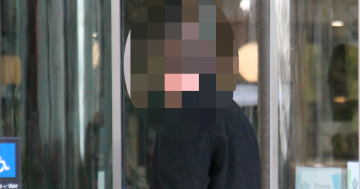
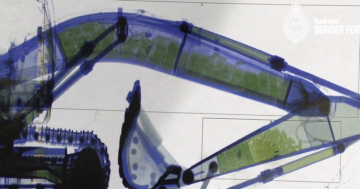
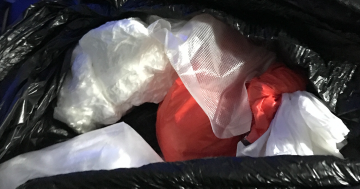

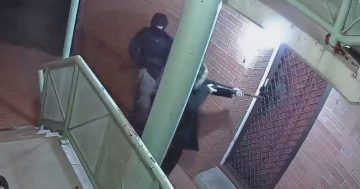


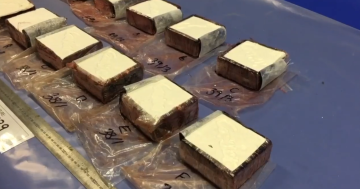

Stephanie Tamm If there’s a major problem, the Minister should step down. If they won’t, they… View